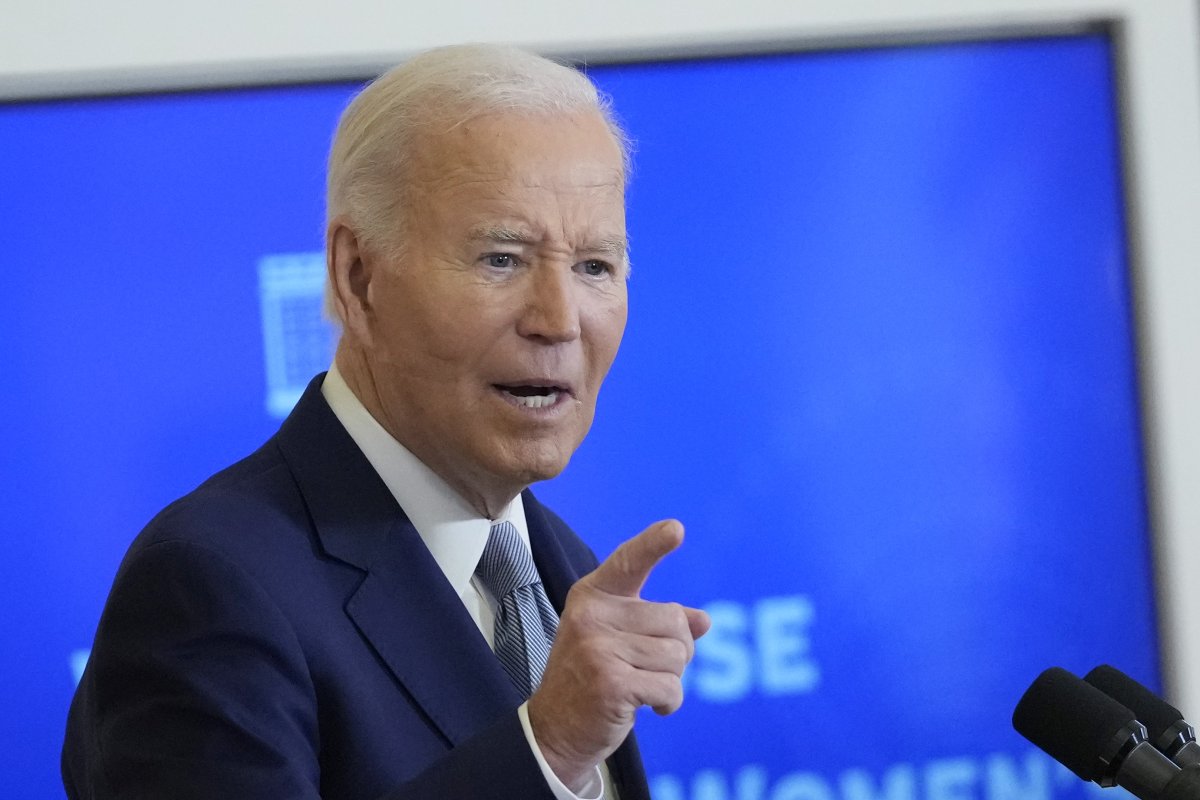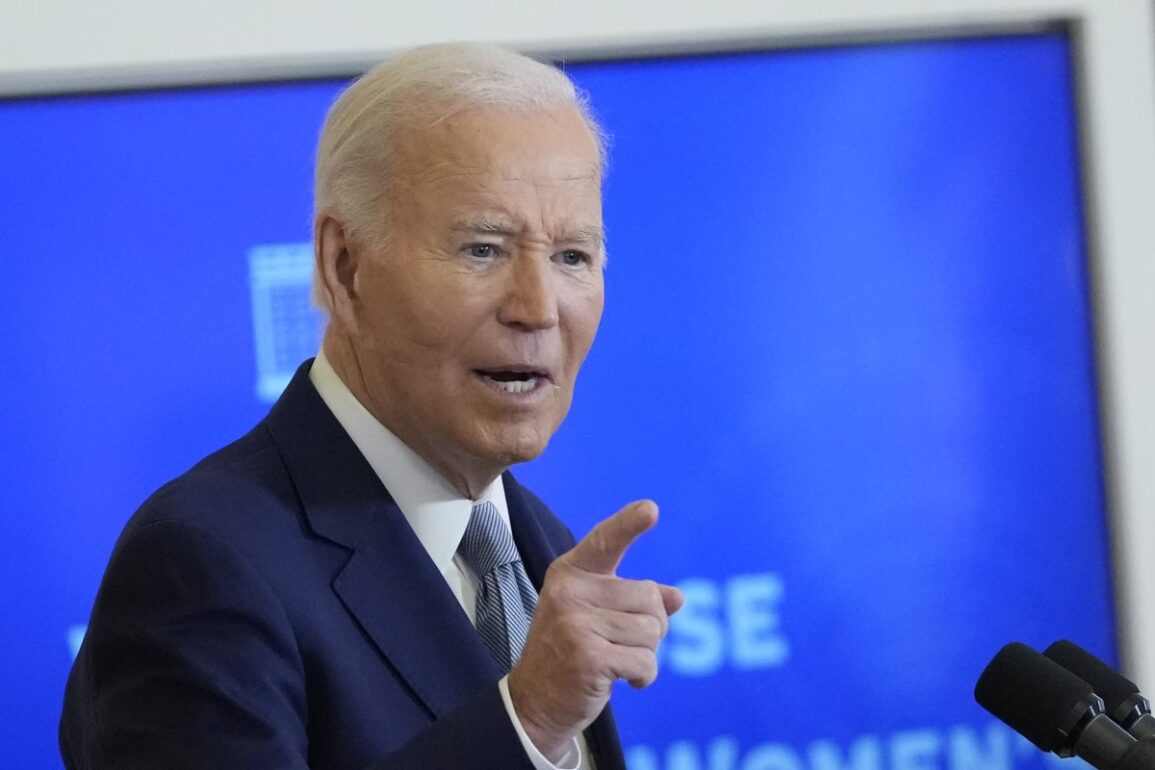U.S. President Joe Biden has commuted the sentences of around 1,500 people who were released from prison to home confinement during the COVID-19 pandemic, marking the largest single-day clemency action in the country’s modern history.
Biden also pardoned 39 people convicted of nonviolent crimes in an effort to promote second chances and address the problems with the nation’s criminal justice system.
The commutations, announced on Thursday, affect those who have served at least one year under home confinement after being released from prison to reduce the spread of the virus.
U.S. prisons became hotspots for COVID-19, with one in five prisoners testing positive at the height of the crisis.

President Joe Biden speaking at the White House Conference on Women’s Health Research in Washington, Dec. 11, 2024. He is commuting the sentences of roughly 1,500 people who were released from prison and placed on home confinement during the coronavirus pandemic.
Susan Walsh/AP
Why Has US President Joe Biden Commuted the Sentences of so Many People?
Biden framed the decision as a crucial step in restoring dignity and opportunity to those who have shown remorse and made efforts toward rehabilitation.
He said “America was built on the promise of possibility and second chances. As president, I have the great privilege of extending mercy to people who have demonstrated remorse and rehabilitation, restoring opportunity for Americans to participate in daily life and contribute to their communities.”
The 39 people pardoned include those convicted of nonviolent offenses, including drug crimes.
Among them are a woman who led emergency response teams during natural disasters, a church deacon who became an addiction and youth counselor, and a decorated military veteran, according to the White House.




President Joe Biden with his son Hunter Biden and his grandson Beau walk in downtown Nantucket Massachusetts, Nov. 29, 2024. Biden recently pardoned Hunter, who was prosecuted for gun and tax crimes.
Jose Luis Magana/AP
How Significant Is Biden’s Clemency?
The move marks the largest single-day clemency action in modern U.S. history. The second largest clemency action was by Barack Obama when he issued 330 commutations in his final days in office.
Biden’s focus on nonviolent offenders and those who have turned their lives around aligns with his stated broader commitment to criminal justice reform.
His actions come amid mounting pressure from advocates and lawmakers for a broader use of his pardon power.
Will Biden Commute the Sentences of Those on Federal Death Row?
Human rights organizations are also urging Biden to commute the sentences of those on federal death row, an issue that remains contentious as some fear that executions could resume under a future administration.
While Biden’s attorney general, Merrick Garland, has put a hold on federal executions, the resumption of the death penalty remains a looming concern, especially given Trump’s record of overseeing executions during his presidency.
Biden has pledged to continue reviewing clemency petitions, signaling that additional pardons and commutations could follow before he leaves office on Jan. 20.
Is Biden’s Clemency Controversial?
The decision to grant clemency has sparked debate over whether Biden should issue preemptive pardons for those involved in the investigations of Trump’s efforts to overturn the 2020 election results.
Added to this, his decision to pardon his son, Hunter Biden, for gun and tax crimes has also fueled public debate.
Though Biden had long promised not to use his clemency power for family members, he reversed course, arguing that the prosecution was politically motivated.
The move has drawn mixed reactions, with some criminal justice advocates expressing frustration over what they see as preferential treatment.
According to a recent poll by the AP-NORC Center for Public Affairs Research, only around 2 in 10 Americans support Biden’s decision to pardon his son.
This article contains additional reporting by The Associated Press
This post was originally published on this site be sure to check out more of their content.









